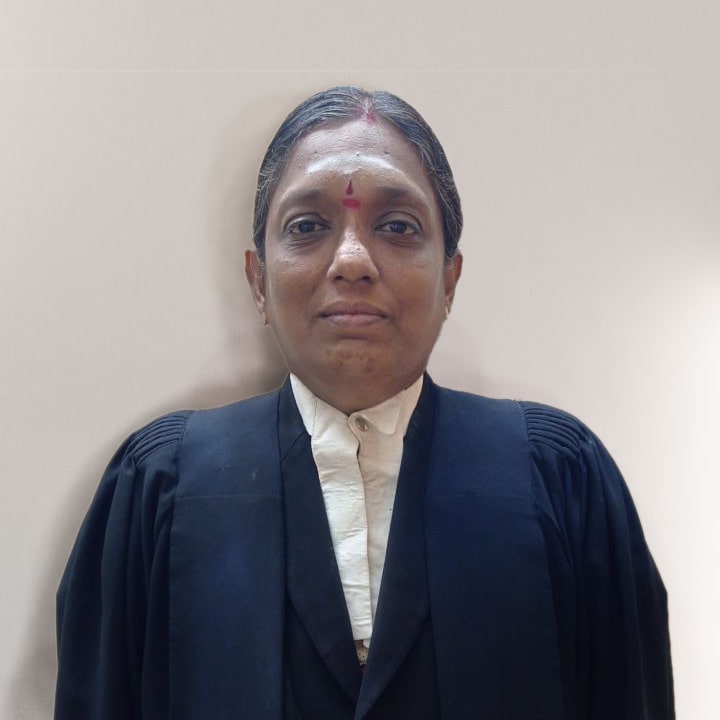Insurance Lawyers
Insurance Laws in India
Find Insurance Laws expert lawyer in India.
|
What is Insurance What are Insurance Laws? Who is an Insurer? Who is an Insured? What areas are covered by the Insurance Laws? Vidhikarya will help you find a most suitable lawyer, for you in your city, who will be able to answer all your Insurance Laws related queries and also guide you on how to resolve this matter with ease. |
|
About the Insurance Laws |
|
As per Black’s law dictionary, insurance refers to a contract whereby, for a stipulated consideration, one party undertakes to compensate the other for loss on a specified subject by specified perils. The party agreeing to make the compensation is usually called the “insurer” or “underwriter;” the other, the “insured” or “assured;” the agreed consideration, the “premium;” the written contract, a “policy;” the events insured against, “risks” or “perils;” and the subject, right, or interest to be protected, the “insurable interest.” |
What are the applicable laws to the Insurance Sector?
|
o The Motor Vehicles Act 1988 o The Insurance Laws (Amendment) Act 2015 o Insurance Act 1938 |
Some important governance of Insurance Laws
|
o Insurance Act 1938 – it is the essential law relating to insurance which prescribes the procedures and requirements to agree to by insurance organizations while doing the business of insurance and re-insurance. It likewise prescribes the arrangements relating to insurance affiliations, chambers and councils. o The Motor Vehicles Act 1988 – it prescribes the arrangements related to the 3rd party insurances to be gotten by motor vehicle proprietors and furthermore the obligations of the insurers towards outsiders in instances of accidents. o The Insurance Rules 1939 – accommodates licensing of different delegates and arrangement of different panels and the compliances to be seen by insurance organizations while working in the matter of insurance. o Insurance Regulatory and Development Authority (IRDA) Act 1999, And, The IRDA Rules & Regulations – the obligations, powers and elements of the IRDA have been indicated under Section 14 of the IRDA Act 1999. The IRDA has the obligation to advance, regulate and ensure methodical development of the insurance and re-insurance business crosswise over India, subject to the arrangements of this Act and some other law being in compel. This Act additionally sets out the Code of Conduct for insurance delegates. o The Insurance Laws (Amendment) Act 2015 – this amendment has been achieved with an expectation to help the insurance part in India. The most essential amendment delivered by the Act, its point is to build the FDI top in insurance companies in India from 26% to 49%. o Foreign Exchange Management (Insurance) Regulations 2000 – grants a person resident in India to take or keep on holding a life insurance policy issued by an insurer outside India, gave that the policy is held under a specific or general authorization of the Reserve Bank of India. It likewise allows a man resident in India to keep on holding any life insurance policy by an insurer outside India when such individual was resident outside India, with no consent of the RBI |
Search Result : Expert Insurance Lawyers
Consult Expert Insurance Lawyers in India
Advocate Abhimanyu Shandilya
Advocate Anik
Bangalore
Advocate Anish Palkar
Mumbai
Advocate Shrikrushna Tambde
Nagpur
Advocate Jaswant Singh Katariya
Gurgaon
Advocate J. P. Singla
Faridabad















